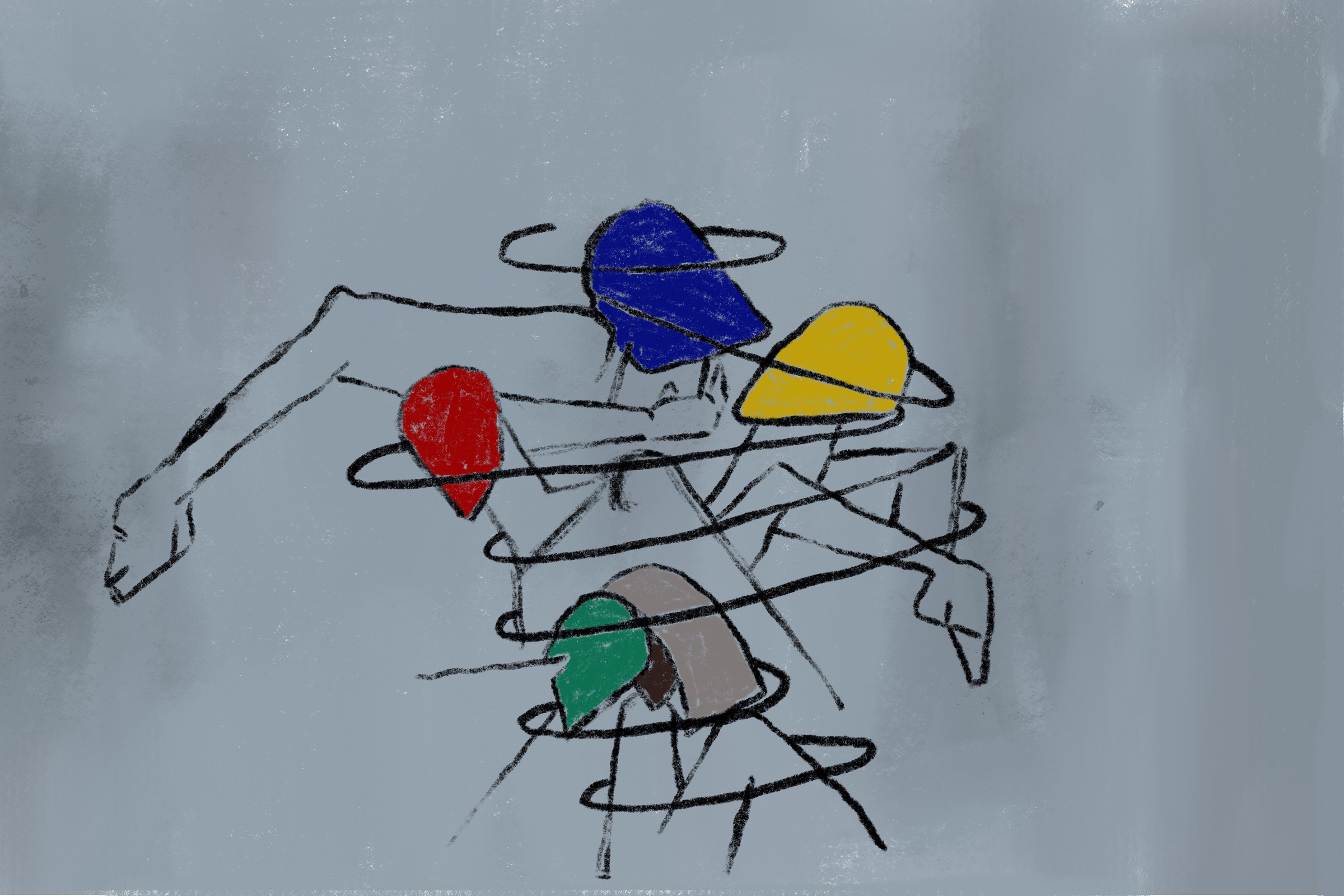My mom was the youngest of five children. Born in Kolkata in the 1950s, she grew up hearing that she was ‘an accident’. In a society that has always devalued the girl child, she received the least love and affection compared to her siblings. As she grew up, she became more and more rebellious and determined to build her own life.
She was married to my Dad when she was 19. Her oldest brother wanted to get married to a woman he liked (and who was acceptable to the family), but social conventions dictated he could not get married until all of his younger sisters were. So the family convinced my Mom that my Dad was a successful and rich engineer. She agreed, mainly as a way to escape her circumstances.
When she arrived in Mumbai with my Dad, she realised that while he was an engineer, he was nowhere as rich or successful as she had been told. He was gentle and kind, had an ordinary job as a factory supervisor and wasn’t ambitious. My Mom had bigger dreams.
She decided to learn English and get a Masters degree in education, eventually ending up in a coveted job in a fancy private school, teaching middle-school history and English. She excelled at her job, winning both the undying love of her students and many awards as a teacher.
Despite all of that, she was never satisfied. She felt like she deserved a better hand in life – and it all rested on me.
After a childhood that was spent scrounging for affection among her many siblings, she wasn’t willing to have her son compete with his brothers or sisters. Her only child would get all the material support and affection she could provide, but he would be the one to fulfil all of her dreams.
Also read: An Ocean Unfurls
When I was eight, she helped my Dad get a much higher-paying job at a synthetic fabrics factory in Nigeria. He worked there for six years, constantly saving up and sending money to us – like many Indian immigrants around the world today. Our lifestyle improved drastically. My Mom and I were living by ourselves. I had to learn to be independent in many external ways, but our relationship started becoming much more codependent.
Then my Dad lost his job and had to move back to India due to political turmoil. He was 50 and never worked again.
My Mom could not bear the shame of having an unemployed husband.
In retrospect, it wasn’t a financial issue at all. After my Dad’s passing in 2018, as I went through his finances with his accountant, I couldn’t believe how wisely he had invested his money. Even with my college expenses, he had saved up enough for my Mom and him to have a very comfortable retirement.
For my Mom, it was all about social status and keeping up appearances.
She started getting depressed and losing sleep. A doctor prescribed her sleep medication and she got addicted. In the unregulated market of India, there was always a pharmacist willing to sell her more and different meds as she developed tolerance. Soon, she was taking one too many pills a day.
The drugs suppressed the best of her personality and brought out her worst. Her cruel, narcissistic, controlling streak got worse and worse through high school. I dove into my studying, almost as an escape, and eventually made it to Indian Institute of Technology Bombay, one of India’s top engineering schools.
College was a blur – mostly trying to keep up half-decent grades through a fog of massive depression, trying to balance a stressful computer science curriculum in a testosterone-driven, 95% male campus while taking care of my mom at home.
It was India in the 90s. Nobody talked about mental health. Few talk about it today.
It was, as I realise today, a case of complex trauma; not the kind of trauma that you get when you have an accident or assault, but one that accumulates over time. It’s the trauma of a frog that has been almost boiled in water for a long time.
Today, almost a decade after my mom’s passing, I’m learning to forgive her. I see how trauma is generational, how her trauma of abandonment as a young girl led to her passing it on to me. I’m sure her mother had her fair share of it too, an unbroken heirloom passed through my ancestors.
My partner and I are talking about having kids. I’m excited about the idea of seeing the world through a child’s eyes again, but I find myself frequently wondering how we can ever break this cycle of trauma and hurt passed from generation to generation. I hope that I can be the one to do it.
Raj Bandyopadhyay is a recovering techie from Mumbai turned artist/photographer in New York City. You can find him on Instagram @shadowsandcurves.
Featured image credit: Pariplab Chakraborty

